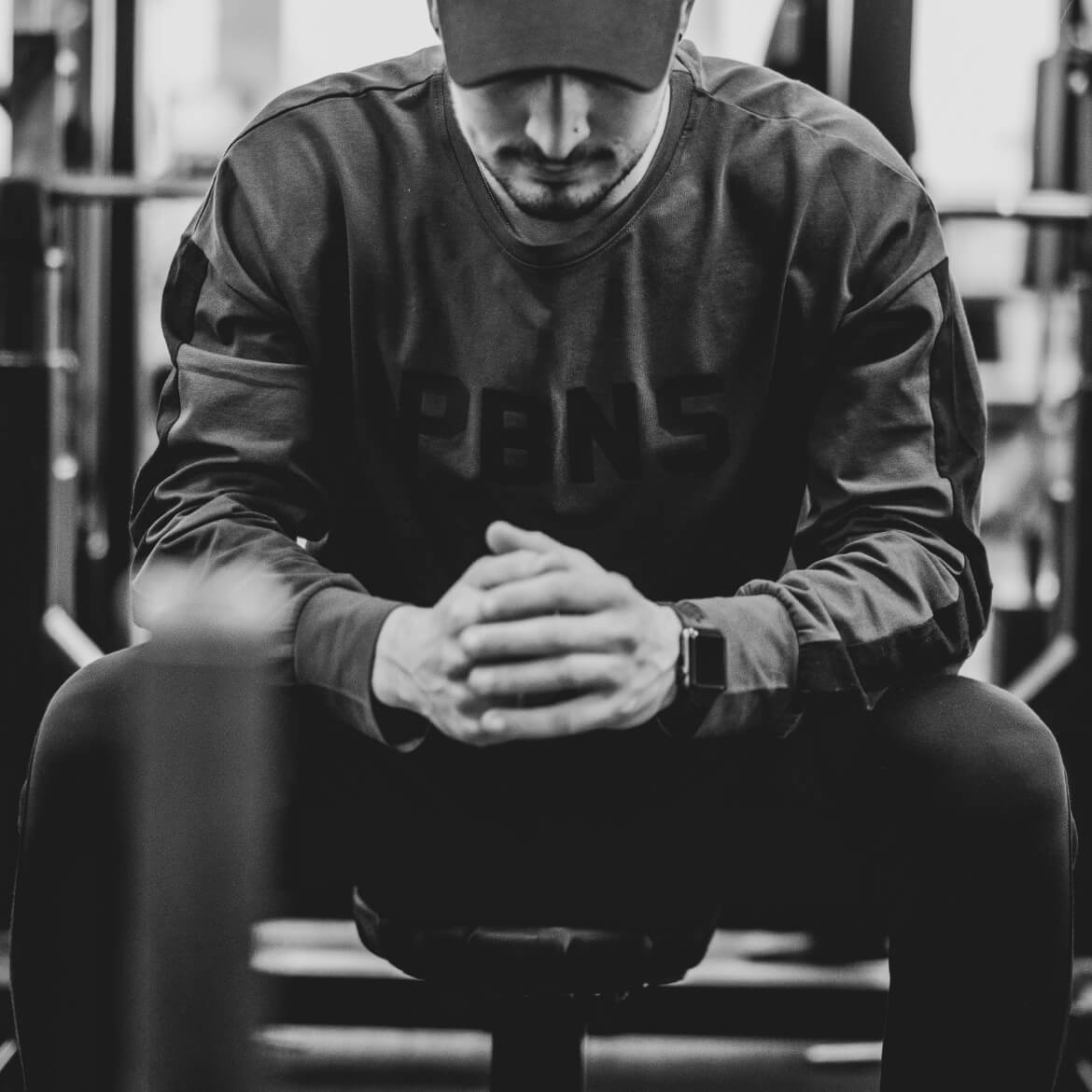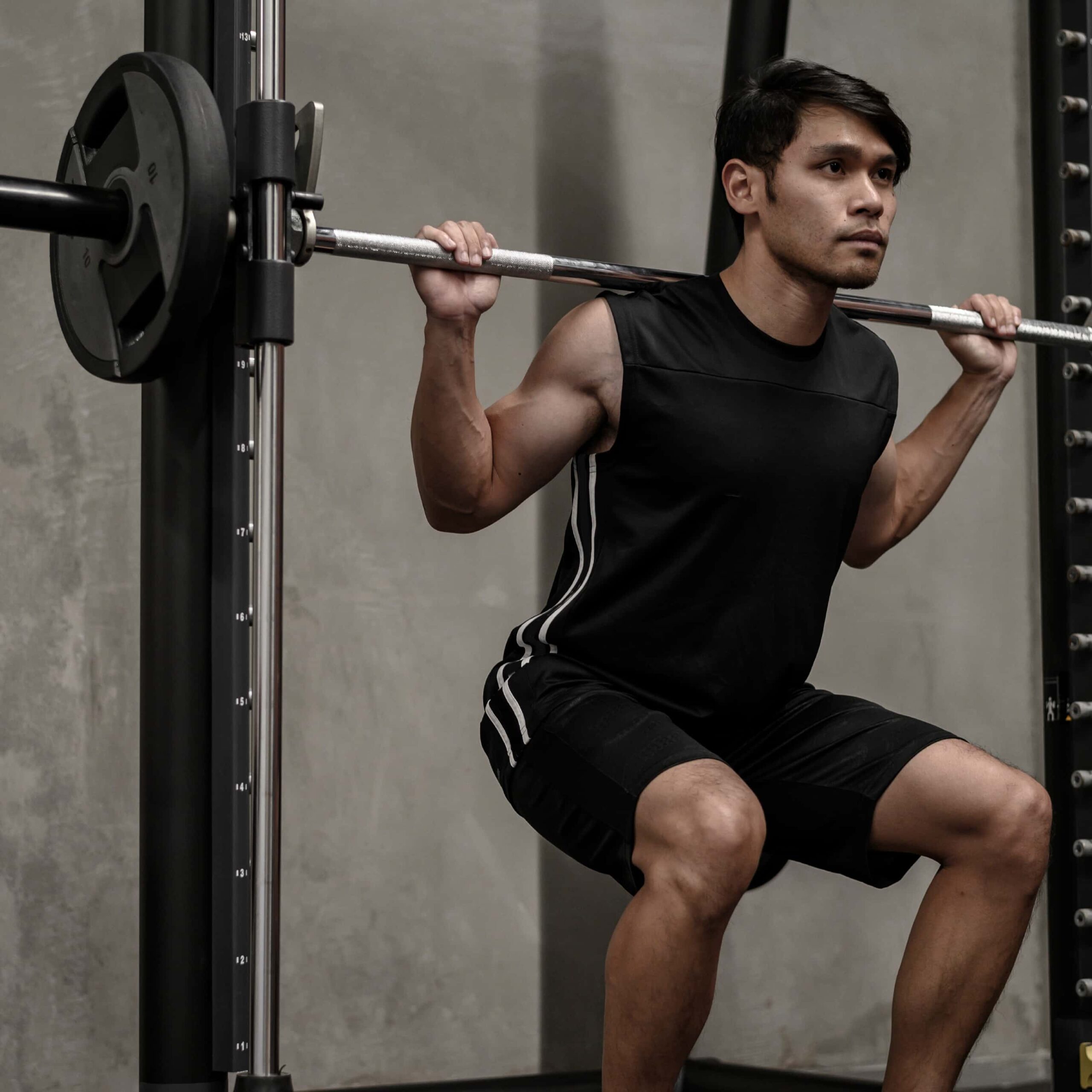Does Cardio Burn Muscle If You’re Trying to Get Bigger?
10th Jan 20

When building muscle is the goal you’re after, there a few things that people tend to worry about. It can be a little bit complicated after all; otherwise, everyone would do it easily, right? One of the biggest questions that gets asked about a good workout plan actually comes from not how much weight training you can do, but actually, how much cardio you can do before it has a bag impact on your mass. Putting things a little simpler, does cardio burn muscle? And if so, how much should you do?
It’s a question sadly that’s full of myths, and as long as you stick to just a few basic rules, you’ll be more than fine to do all the cardio you want just as long as it doesn’t get in the way of your strength training too, anyway. Good health is finding a balance, after all.
Let’s walk through them
Each is just as important as the last, so make sure you listen to all of them well. The last thing you want is to be putting yourself or your progress at risk. It’s bad news for your body and your mentality.
Rule 1 – Eat enough

This is a pretty logical place to start with any muscle-building question, and it always has to be at the heart of your training. If you are wanting to build muscle or even just stop a loss of muscle when you aren’t training so much, you need to eat correctly. Make sure you’re getting the right macronutrients that you need in your diet, and make sure you’re getting just above your maintenance calories regularly, even when factoring in exercise. That way, your body has enough to keep everything where it needs to be, and that includes muscle mass.
As soon as your calories go into deficit, you’re going to find it a lot more challenging to synthesise any muscle mass as well as even maintain the mass you’ve already got. It’s a tricky balance, and it’s all a part of the fundamentals of weight training. Always put calories first and try and get them as healthily as possible.
Rule 2 – Train Enough

One of the best methods to go prevent cardio burning muscle is to train your muscles as you should be anyway. Training enough may sound too obvious to be in here, but it’s not quite as blunt as it sounds. We’ll explain ourselves. One big problem when you’re worried about how much to segment your training is that people don’t quite know how to do it. The biggest factor in all of this is that if you’re worried about losing muscle mass, make sure you’re still weight training.
Once you add a few cardio workouts to your week, it can be easy to miss a few weight training sessions. There’s only so much time in a week after all, and you’re not superman. As long as you don’t sacrifice too much weight training, you should be in the clear to do whatever cardio you feel like. Even try a little cardio before or after weight training sessions if that helps. Just don’t miss it out.
Rule 3 – Rest Enough

Finally, on the same kind of level, the last rule to fight the ‘does cardio burn muscle’ question is to make sure you’re getting enough rest. It seems irrelevant to the question, but it’s definitely not. Like above, there’s only so much time you have available to you in a week. As soon as you add more cardio to the mix without losing weight training, it can be really easy to skip rest days and do more cardio there instead. That isn’t a good idea. At all.
Removing more rest days from your week is always a bad idea. You’ll start to see more and more of the symptoms of overtraining, and your muscle mass, your health, and even your mentality can all take a big hit a result. Rest is just as important as training, and you need both.
Those are the three golden rules you need to follow when trying to juggle enough cardio and enough weight training to still build muscle, and as long as you stick to all of them, you should be okay to do what you want in your training. The best simple answer to does cardio burn muscle is this: Only if you don’t do enough strength training, you don’t get enough calories, or you don’t get enough rest.
Good luck!
Before beginning any exercise or nutrition program, consult your physician, doctor or other professional. This is especially important for individuals over the age of 35 or persons with pre-existing health problems. Exercise.co.uk assumes no responsibility for personal injury or property damage sustained using our advice.
If you experience dizziness, nausea, chest pain, or any other abnormal symptoms, stop the workout at once and consult a physician or doctor immediately.










